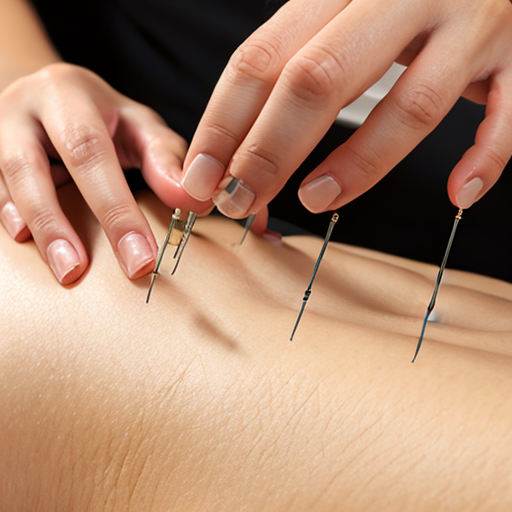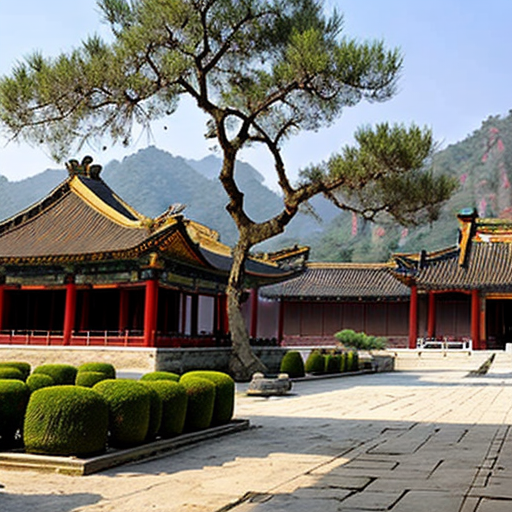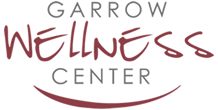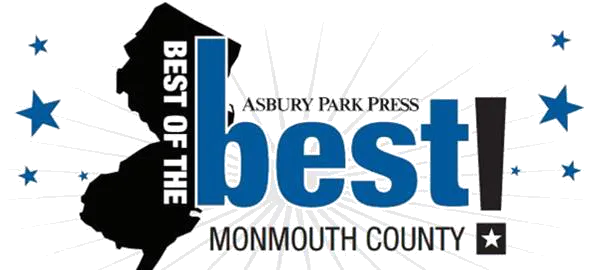NJ Acupuncture and Wellness Center
Do you want to heal chronic pain naturally, without drugs or invasive surgery? Are you looking for a natural alternative to drugs and painful medical procedures? If so, you’re not alone. Countless Americans are looking for solutions to their health problems – and each year, more and more people are turning to acupuncture for results.
Acupuncture is an ancient healing modality with incredible potential for healing and wellness. The practice itself has been active in China for more than 2,500 years, and is based on a unique understanding of energetic balance within the body.
In recent decades, people around the world have discovered this ancient healing practice as a way to relieve pain, remove toxins, and restore the body to a state of optimal health. Countless individuals have been able to heal physical disorders and achieve greater health as a result of acupuncture.

Professional Acupuncture in Monmouth County NJ
How acupuncture works
The practice itself involves the placement of very thin needles into the skin at various points throughout the body. The goal is to stimulate specific energetic and healing pathways that allow the body to restore its own natural balance. In Traditional Chinese Medicine (TCM), these pathways are known as “meridians.” Blockages at different points along these meridians lead to illness, which can manifest in various internal organs or muscle groups. A skilled acupuncturist will have very specific placements for different ailments, and in many cases, will enable the patient to achieve natural and lasting results.
What types of illness can acupuncture treat?
There’s no need to rely on “unofficial” or anecdotal evidence when it comes to acupuncture. The World Health Organization has identified a long list of illnesses for which this type of treatment has proven beneficial, including:
- Allergies, headache, blood pressure problems
- Depression, fatigue, symptoms of chemotherapy or radiotherapy
- Pain in the knees, lower back, and joints
- Common conditions like sciatica, TMJ, and arthritis
- Sprains, strains, tennis elbow and other sports injuries
- And the list goes on!
Is acupuncture painful?
One of the most common reasons people have for not trying acupuncture is that is sounds very uncomfortable – but if you ask anyone who has experience receiving treatment from a skilled acupuncturist, they’ll tell you it isn’t painful at all. Because the needles used are incredibly thin and flexible, many people don’t feel them at all. Others feel a slightly “strange” sensation, or even a pleasant one, as the needles are placed at strategy points throughout the body. Once the needles are placed, most patients report feeling a pleasant healing sensation as the body’s energetic pathways are opened.
A word about training and certification
Can you rely on an acupuncturist to deliver safe and effective treatments? The answer is yes – provided the acupuncturist has completed a rigorous and reputable program of training. As a result of the relief and improvement so many people have found through this practice, many reputable schools have appeared around the world. Even so, it takes years of intense training to be able to administer acupuncture correctly and safely.
Here in the United States, any school teaching acupuncture should be approved by the Accreditation Commission for Acupuncture and Oriental Medicine (ACAOM). Most states require acupuncturists to have completed such a program. As a result, the most reputable acupuncturists are licensed and accredited by the National Certification Commission for Acupuncture and Oriental Medicine (NCCAOM).
Preparing for your first acupuncture treatment
There are no hard and fast guidelines for preparing for your first acupuncture treatment; however, it’s useful to be aware of the fact that acupuncture is a holistic modality that is often used in conjunction with nutritional changes, chiropractic care, and other natural healing modalities.
To that end, it’s beneficial be in a relaxed and healthy state when you arrive for your first treatment. It always helps to get plenty of sleep the night before; and it’s also beneficial to abstain from coffee, alcohol and junk foods on the day of the treatment. It’s recommended to wear loose clothing to your appointment.
You’ll likely have some questions, and it’s important that you feel comfortable to ask them. Whether this is your first treatment or you’ve long experienced the benefits of acupuncture, the professionalism and friendliness of the practitioner makes a big difference.
Are you ready to experience the benefits of acupuncture?
In the 21st century, the ancient healing art of acupuncture is more relevant than ever. And it’s not just for celebrities and professional athletes. The most exciting thing about this treatment is the natural improvement and healing it can bring to all types of people in all walks of life. Call for your first acupuncture appointment today!
What is the origin and history of Acupuncture?
Acupuncture, an age-old therapeutic technique, traces its roots back to ancient China more than 2,500 years ago. The precise genesis and initial evolution of this practice are veiled in a blend of enigma and folklore, yet archaeological evidence hints at its potential utilization even during the Stone Age in China.
The fundamental tenets of acupuncture were initially chronicled in an esteemed Chinese medical manuscript known as the Huangdi Neijing, or the Yellow Emperor’s Inner Canon. Believed to have been inscribed around the 2nd century BCE, this venerable tome expounds upon the theories and principles of traditional Chinese medicine, most notably encompassing the concept of Qi (pronounced as “chee”), the vital life force believed to course through the body along intricate pathways called meridians.
The History of Acupuncture
In accordance with the precepts of traditional Chinese medicine, maintaining a harmonious and unobstructed flow of Qi is deemed indispensable for sustaining sound health and well-being. When the equilibrium and continuity of Qi are compromised or disrupted, an array of health disorders and diseases may ensue. Acupuncture is predicated on the principle of reinstating the seamless flow of Qi by stimulating specific points along the meridians.
In ancient China, skilled practitioners employed various instruments to stimulate acupuncture points, including sharpened stones, bones, or bamboo. Over time, the tools utilized for stimulation underwent a progressive metamorphosis, culminating in the incorporation of metal needles. The earliest known metal needles, fashioned from bronze, silver, or gold, have been traced back to the 2nd century BCE.
During the illustrious Han Dynasty spanning from 206 BCE to 220 CE, acupuncture garnered enhanced recognition and underwent further refinement and development. The systematic categorization of acupuncture points and meridians was meticulously honed, while theories and techniques underwent expansion and elaboration. Acupuncture became an integral facet of traditional Chinese medicine, widely employed to address an extensive range of maladies and conditions.
Over the course of centuries, the practice of acupuncture disseminated to neighboring countries and regions, including Japan, Korea, and Vietnam, where it assimilated and integrated into their respective indigenous medical systems. Each culture imbued the practice with its own distinct methodologies and techniques, yet the foundational principles of acupuncture remained steadfast and consistent.

Is acupuncture the treatment you are seaking?
Acupuncture garnered global attention in the 20th century when it made its foray into the Western world. A groundbreaking event transpired in the 1970s when James Reston, a journalist from the esteemed New York Times, chronicled his personal encounter with acupuncture during a visit to China. This evocative account piqued the interest and curiosity of the Western populace, precipitating a surge in research endeavors and investigations into the effectiveness and mechanisms of acupuncture.
Subsequently, acupuncture has achieved recognition and acceptance as a complementary therapy across numerous countries. It has become a prevalent means to alleviate pain, foster relaxation, and bolster overall well-being. Contemporary scientific research has focused on unraveling the physiological mechanisms underpinning acupuncture, including its effects on the nervous system, release of endorphins, and modulation of inflammatory responses.
In present times, acupuncture is administered exclusively by licensed acupuncturists who undergo comprehensive training and education to ensure the provision of safe and efficacious treatment. The practice continues to evolve and integrate with modern healthcare systems, furnishing individuals with an alternative avenue for managing an assortment of health conditions while promoting holistic wellness.

